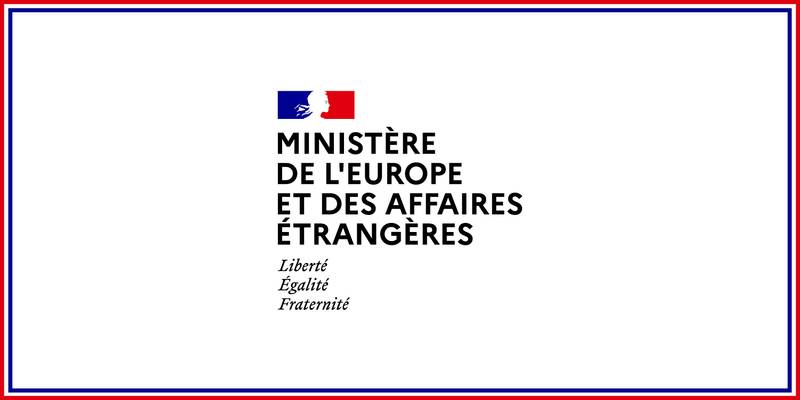[ad_1]

The European Parliament and EU member states reached an agreement on Thursday on a key biodiversity bill aimed at rewilding EU land and water habitats.
Issued on:
2 min
The law will force EU countries to put in place measures to restore at least 20% of the EU’s land and 20% of the EU’s seas by 2030, said a statement by the council, which represents the 27 member states.
There had been attempts by the parliament’s biggest grouping, the conservative European People’s Party (EPP), to shoot down the text earlier this year.
While EU lawmakers welcomed the agreement reached before midnight following hours of talks that began on Thursday afternoon, some critics pointed to watered down elements.
“We can be proud of this historic result setting ambitious and workable rules for all,” Pascal Canfin, the head of the parliament’s environment committee, said on social media.
Spain’s minister for ecological transition, Teresa Ribera Rodriguez, said she was “proud” of the law, “the first of its kind”. “It will help us rebuild healthy biodiversity levels across member states and preserve nature for the future generations, while fighting climate change,” she said.
The European Commission, the EU’s executive arm, last year proposed the law that aims to resuscitate degraded ecosystems by boosting forested areas, marine habitats and increasing connectivity between rivers.
EU data shows more than 80% of Europe’s habitats are in a poor condition.
The law, aligned with the historic biodiversity agreement signed at COP15 last year, says EU states should take measures by 2030 to restore 30% of habitats in ecosystems that are in a bad condition, then 60% by 2040 and 90% by 2050.
Part of the Green Deal approach
Environmental groups welcomed the agreement on the law that is a central pillar of the EU’s biodiversity strategy. It is part of the bloc’s Green Deal approach to mitigate climate change and boost environmental protections.
Tatiana Nuño, senior marine policy officer Seas At Risk, said the agreement “is far from what is needed to face the biodiversity crisis, but regarding the ocean it is a crucial step towards restoring the precious marine life it harbours”.
“While substantially weakened by the Council, the fisheries provisions in the law are a much overdue attempt at coherence between environmental and fisheries policy,” Vera Coelho, deputy vice-president at Oceana in Europe, said.
The EPP on Thursday proudly pointed to the “notable improvements” to the “strongly revised” text, including “no more requirement to renature 10% of farmland”.
The grouping had argued before negotiations between member states and the parliament began that the text would reduce EU food security and limit possibilities to build wind and hydroelectric energy facilities.
Leftwing and centrist lawmakers at the time accused the EPP, which woos Europe’s farmers as a key constituency, of using the bill as an election football before polls in Europe next year.
(AFP)
[ad_2]
Source link


























